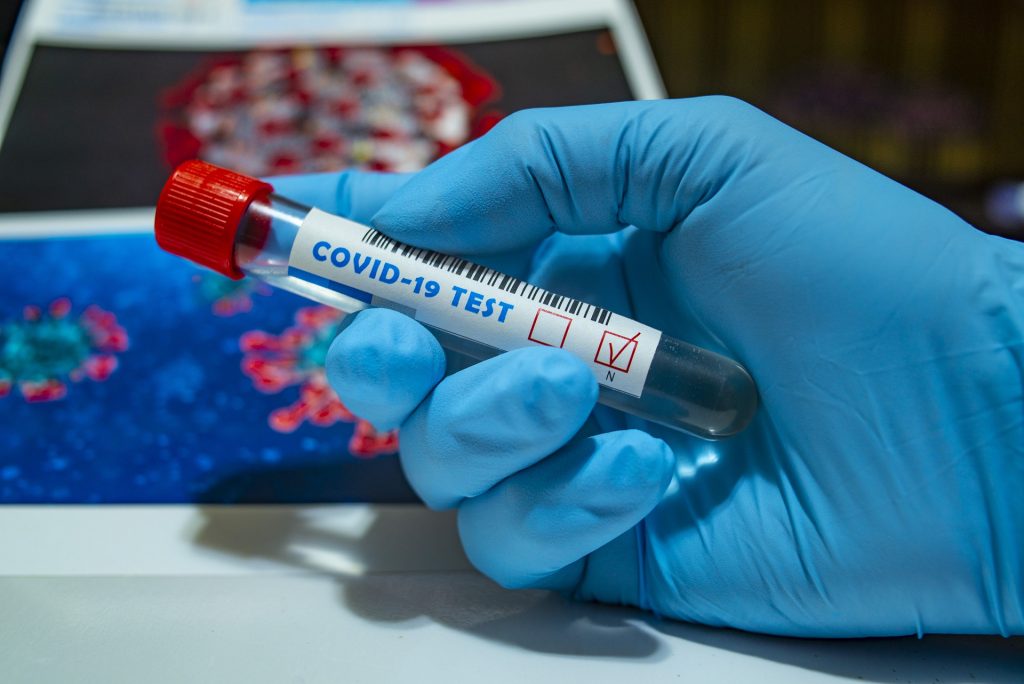Health Secretary: ‘under 25s not stick to rules’ could cause second wave
The Health Secretary appealed to under 25s, particularly those aged 17 to 21, to take the guidelines seriously because “nobody wants to see a second wave here”.
He said this age group accounted for a large number of positive cases, concentrated among more affluent young people. It comes as one million young adults return to UK universities over the next few weeks.
Covid-19 cases hit a three-month high on Sunday with 2,988 new infections logged, but Mr Hancock rejected criticisms that this simply reflects higher testing levels, warning the test positivity rate is also on the rise.
He told LBC: “The rise in the number of cases we have seen in the last few days is concerning.
“It is concerning because we have seen a rise in cases in France, in Spain, in some other countries across Europe – nobody wants to see a second wave here.
“It just reinforces the point that people must follow the social distancing rules, they are so important.”
He said younger people could still have serious illness and could pass on the disease to more vulnerable people. “We will take action if people go to big social events that are completely inappropriate, sadly, in a time of coronavirus,” he added.
Asked whether he had “lost control” of the coronavirus pandemic, Mr Hancock said: “No, but the whole country needs to following social distancing. We can only do this as a whole society – everybody has a role to play.
He said that “particular problems” were encountered over the summer in some of the most deprived communities, but the recent increase is “actually among more affluent younger people”.
He then went on to BBC Radio 1’s Newsbeat and said: “… “The question is, how much are you willing to risk the lives of yourself and others by breaking the social distancing rules?
“Don’t kill your gran by catching coronavirus and then passing it on.
“And you can pass it on before you have had any symptoms at all.”
The warning comes after the Governments scientific advisory committee warned on Friday that “significant outbreaks” of Covid-19 on university campuses are “highly likely”.









